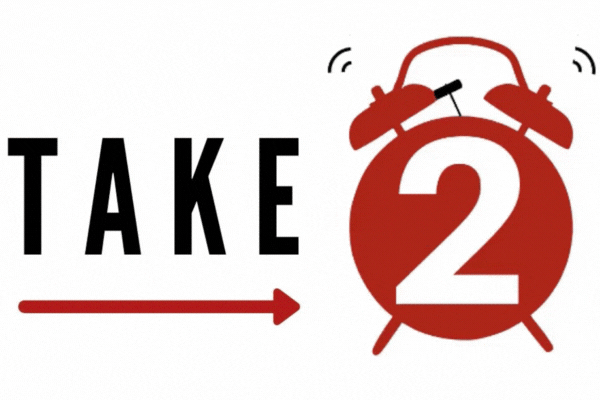
The former President of Texas Health Presbyterian Hospital of Dallas, Dr. Britt Berrett, spoke with The Red Ledger in an exclusive interview regarding the facts, fears and speculation about Ebola in Dallas. Berrett was president of Presbyterian Hospital for nearly five years before retiring in August.
The Red Ledger: Does Presbyterian Hospital of Dallas have protocol for infectious diseases such as Ebola?
Berrett: “Yes, every hospital in the United States has protocol for infectious diseases of any kind.”
The Red Ledger: If there is a protocol for infectious diseases, does the Center for Disease Control have anyone working within the Hospital?
Berrett: “Usually not. The Central for Disease Control functions as federal regulatory agency that provides assistance and information and direction for hospitals. There are about 6,000 hospitals in the United States that it supports.”
The Red Ledger: Was Ebola on the radar for the hospital?
Berrett: “It was, but, the incident rate was very low, and it had not come to the United States [at his time as hospital president]. This being the very first case diagnosed and effected in the United States is highly unusual.”
The Red Ledger: So the diagnosis surprised you?
Berrett: “Well, I think we all expected an infectious disease such as Ebola to appear.”
The Red Ledger: How hard do you think Ebola will be to contain?
Berrett: “I think that many infectious diseases, because there are many, such as Ebola are; [however Ebola] is unique in that it is extremely lethal. But, there are numerous infectious diseases that have appeared, and there will be more that appear on the horizon. We just don’t know, we’re on the front line.”
The Red Ledger: So, in your time as President of Dallas Presbyterian, did you see anything else like Ebola?
Berrett: “Big hospitals, like Texas Health Presbyterian Hospital of Dallas you see numerous, difficult types of viruses and illnesses like Ebola. In large hospitals that have multi-national populations around them, you’ll see these types of diseases.”
The Red Ledger: How do you think Dallas was better prepared to deal with Ebola than West Africa was?
Berrett: “I think that [that is] comparing a first world country to a third world country. And they certainly had more years and experience with Ebola specifically. If you have any questions about the operations at [Texas Health Presbyterian Hospital of Dallas] I can’t help you.”
The Red Ledger: Where do you think the surprise and panic about Ebola is coming from?
Berrett: “I think a lot of it has been fueled by the media. The media was absolutely inappropriate and sensational, and it made it more difficult for the care givers.”
The Red Ledger: Did you know either of the nurses who were infected and diagnosed with Ebola?
Berrett: “I did, I knew both of them. I think that it’s important [for people to know] that these health care workers are on the front line of a raging battle. And, there’s an effort going on, Support the Scrubs, Support our Scrubs and I think that speaks to those caregivers like [Nurse] Nina [Pham], and the rest who have been on the front line to save people’s lives. It’s an inspiring effort on their part and we don’t know what the future will hold. We have no idea what’s on the horizon in terms of viruses and bacterias, and other significant serious health risks. And so, we honor all of those men and women in scrubs. I think it is really important to honor them.”
The Red Ledger: One last question: so kids and adults alike are panicked about Ebola. Would you have anything to say to calm down people, or do you think that panic and those fears are necessary?
Berrett: “I think that the media is sensationalizing [the Ebola outbreak] to such a dramatic level it is almost ridiculous, I am getting calls from The New York Times, and CNN, and they are just badgering me. This is the only interview I have done. It’s reaching the absurd, you’re more likely to die from the common cold during the flu and cold season, than you are Ebola. So, one would suggest that all of those infectious disease behaviors, like sanitizing your hands and so on, would all be appropriate in any case. The chances of you contracting Ebola are infinitestimal.”



















